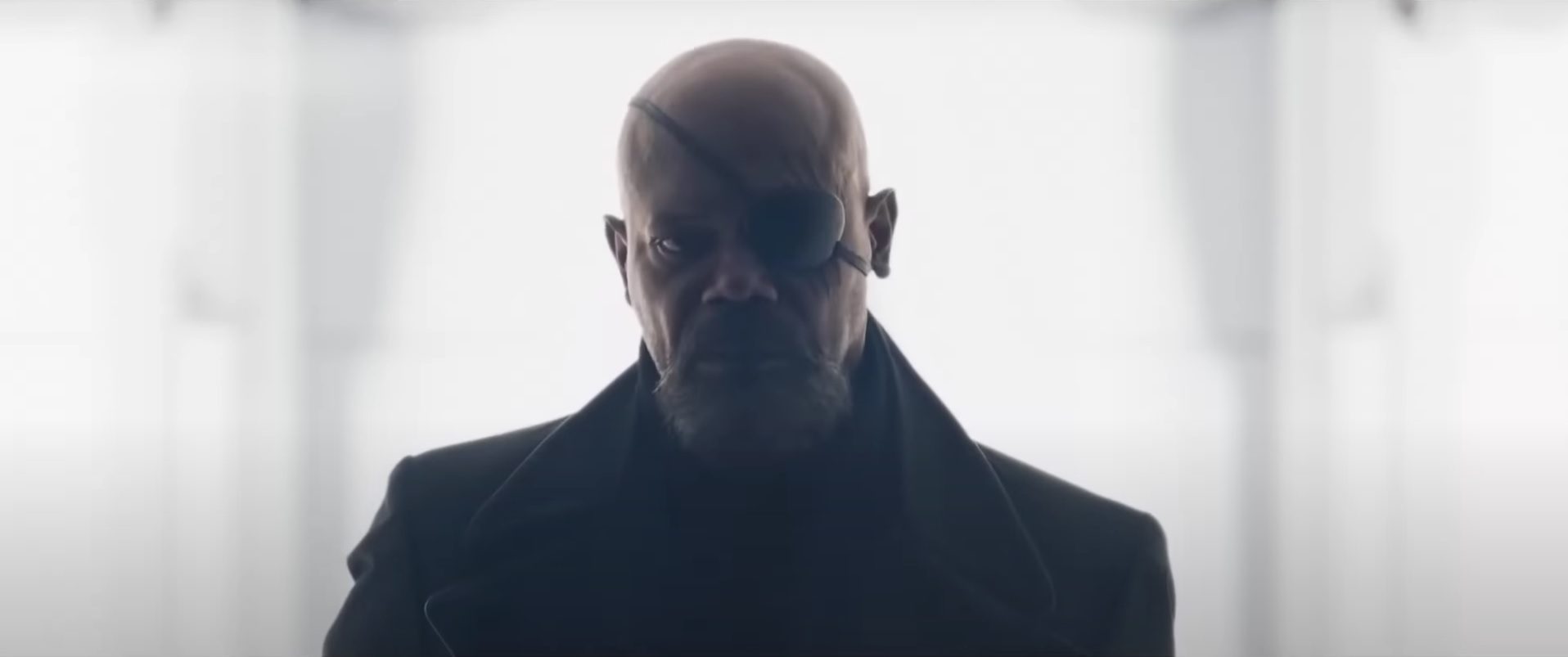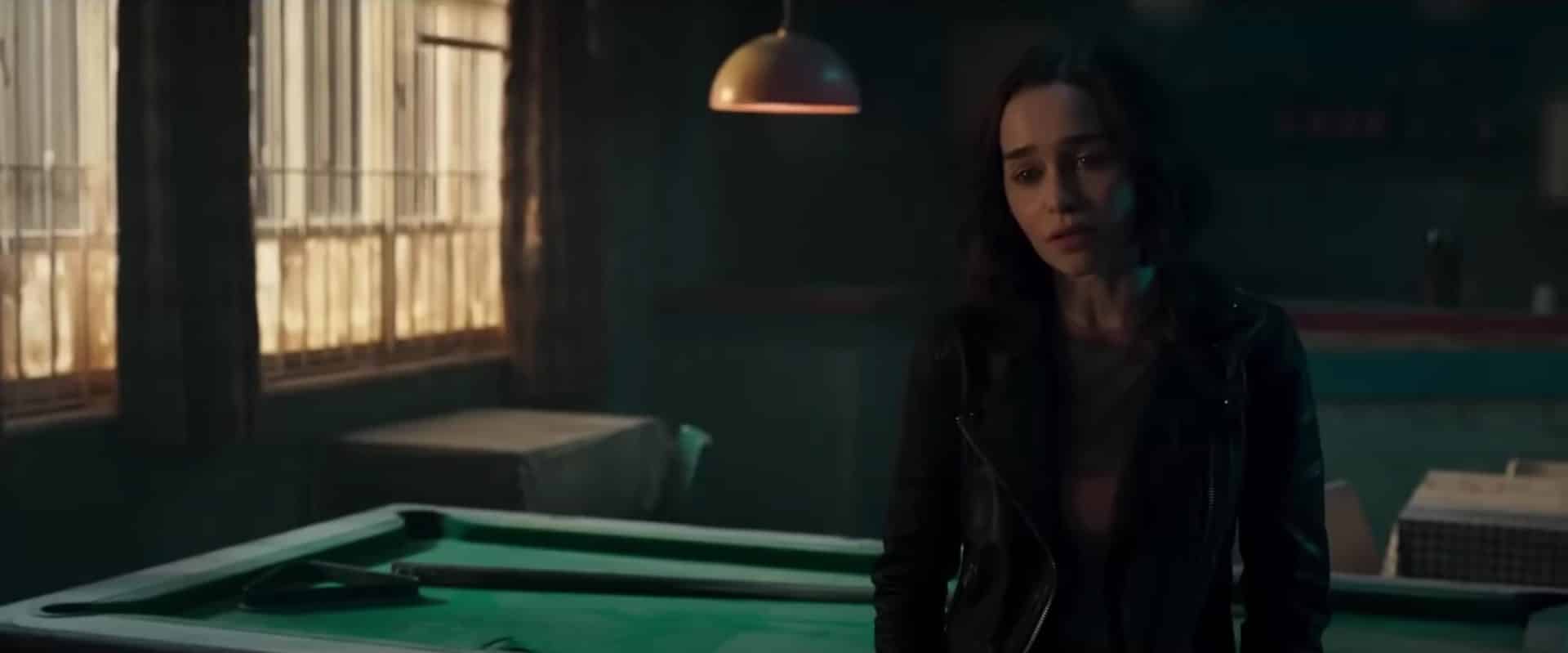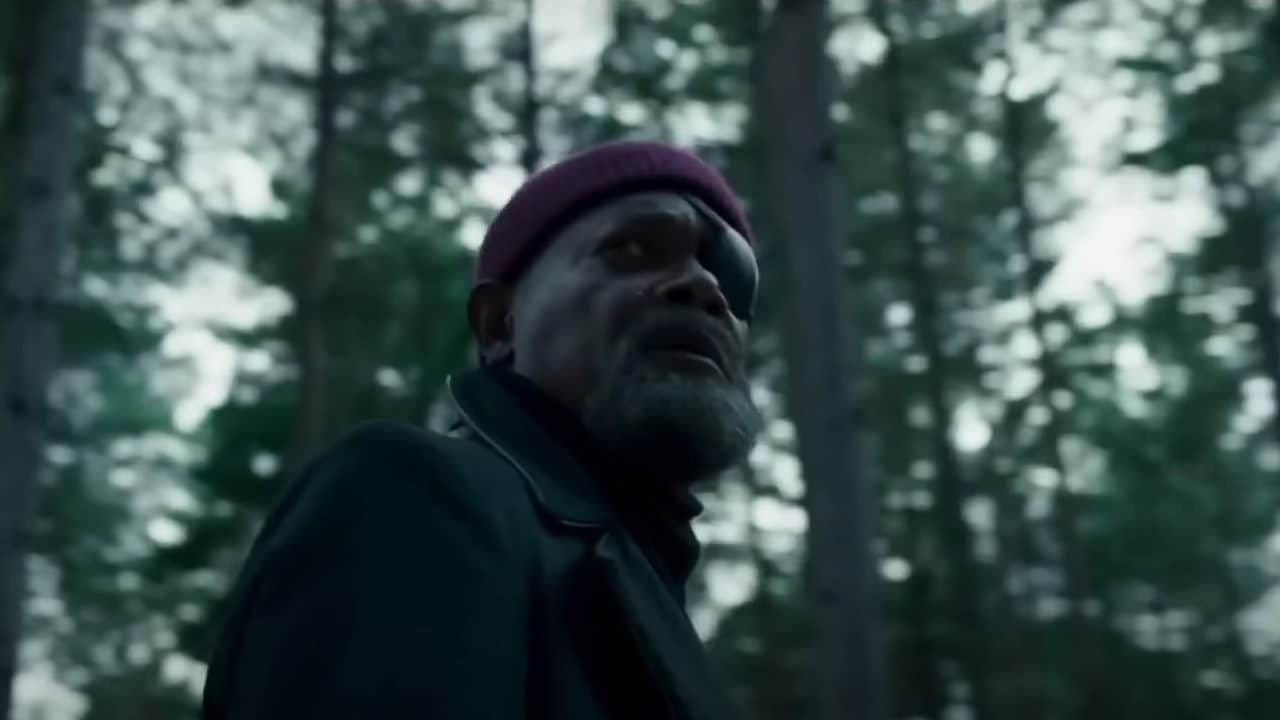Marvel Cinematic Universe (MCU) has recently faced another setback with its series “Secret Invasion,” receiving harsh criticism from both critics and audiences alike.

The show’s final episode hit an all-time low on Rotten Tomatoes, marking the lowest-rated MCU project on the review-aggregation site.
Despite boasting a star-studded ensemble led by Samuel L. Jackson, the six-episode series earned a dismal 13 per cent approval rating. With only eight reviews currently available, a disheartening seven of them have expressed negative sentiments.
Let’s delve deeper into the reasons behind this unexpected outcome and explore the company’s plans to address the issue.
A Bitter Disappointment for Secret Invasion
Secret Invasion’s conclusion left many viewers underwhelmed and dissatisfied, leading to the show’s unfavorable ratings.
Sam Barsanti from the AV Club strongly expressed his disapproval, stating, “I think, as a whole, the series was a waste of time, a waste of Nick Fury, and a waste of good performances from Samuel L. Jackson, Ben Mendelsohn, Emilia Clarke, Cobie Smulders, and Olivia Colman.”
The disappointment was echoed by Fletcher Peters from The Daily Beast, who criticized the finale’s lackluster final fight and repetitive plot elements, asserting that the series did not live up to its potential.
Jeffrey Lyles from Lyles’ Movie Files expressed a prevailing sentiment shared by many, regarding Secret Invasion as the weakest among the Disney+ MCU series.
This collective dissatisfaction highlights the need for a reassessment of the company’s content strategy, emphasizing quality over quantity.
MCU’s Focus on Quality Over Quantity
Disney CEO Bob Iger’s recent announcement regarding the MCU’s content strategy has brought attention to the need for a shift in focus. Iger revealed that the company plans to reduce the frequency of releases, prioritizing quality storytelling over a flood of productions.

He stated, “You pull back not just to focus, but also as part of our cost containment initiative. Spending less on what we make, and making less.”
Iger identified a crucial concern—the proliferation of content led to a dilution of focus and attention on the MCU brand. He highlighted how the company’s venture into television series production, alongside its prolific movie output, may have compromised the quality of their offerings.
The MCU’s massive expansion demanded reflection on the number of sequels for each character and exploring new narratives to maintain freshness.
In March, Iger emphasized the importance of strategic planning for sequels, pondering whether certain characters necessitated third and fourth installments or if the time was ripe to introduce new faces into the fold.

This reflection emphasizes the company’s dedication to delivering engaging and diverse content while preserving the essence of the Marvel brand.
The lackluster reception of Marvel’s Secret Invasion finale has served as a wake-up call for the MCU. As one of the lowest-rated projects to date, it revealed the importance of maintaining high-quality storytelling to satisfy both critics and audiences.
Disney’s shift towards producing fewer but more thoughtfully curated projects demonstrates a commitment to rectifying the issue of diluted focus.
By embracing new characters and narratives while returning to the core Avengers franchise with a fresh perspective, the MCU aims to reinvigorate its storytelling and recapture the hearts of its dedicated fanbase.
As the Marvel journey continues, the company’s dedication to striking a balance between quantity and quality will undoubtedly shape the future of the MCU.


